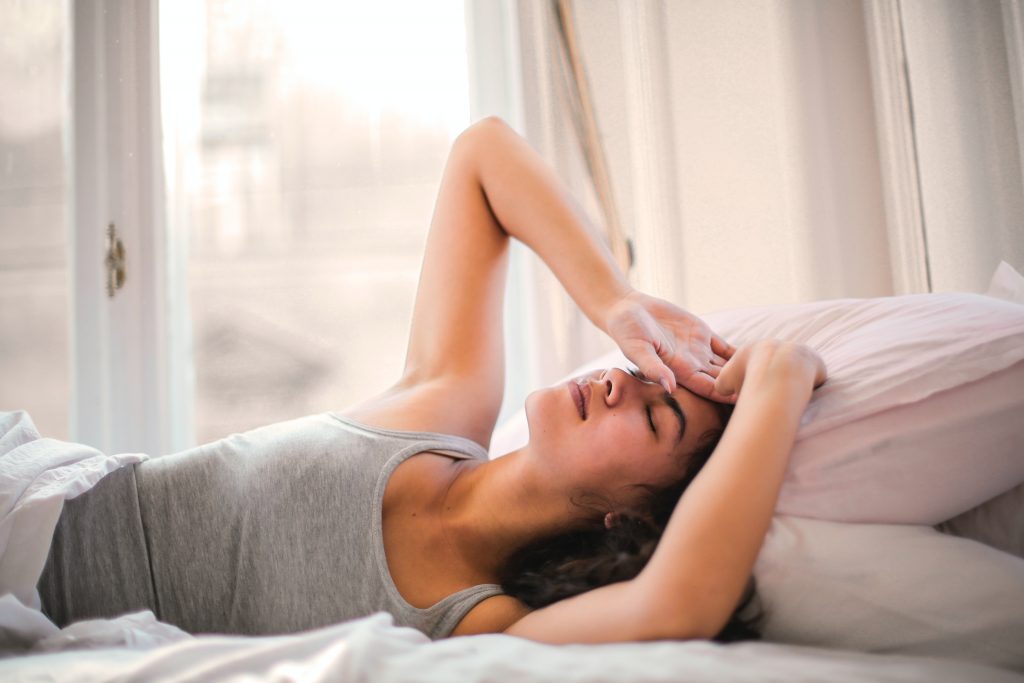
After a cold winter, flowers are blooming, the sun is shining, and birds are chirping. Spring is here along with a few sleep hurdles. Aside from the time change affecting our sleep cycles, there are a few other seasonal changes like more daylight exposure, allergens, and unpredictable weather that impact sleep quality and overall health. Saying goodbye to winter is great but are we ready for what spring brings along?
More Daylight Time
Moving forward an hour means we wake up to a darker morning and longer daylight evening. This change creates shifts in our biological clock (circadian rhythm) and our sleep cycle. Waking up to a darker 7:00 AM can leave us feeling tired and wanting more sleep. The reason is our bodies naturally create more melatonin (sleep hormone) during a darker ambiance.
On the contrary, sunlight helps us release more serotonin, a mood stabilizer and regulator hormone of the nervous system. Longer daylight exposure makes us feel good but becomes more challenging for the body to prepare for bedtime. Ultimately, the change of day/night light exposure creates an imbalance that can leave us feeling tired for days or even weeks, until the body adjusts. 1
Spring Allergies
Seasonal allergies also play a big role in disrupting sleep. As nasal congestion begins, the nasal passages can begin to swell, narrowing the upper airway. As we know, lack of oxygen can cause serious health effects and even more to those who already suffer from sleep-related breathing disorders.2
A study published by the National Institute of Health (NIH), on Sleep and Allergic Disease, found 48% of people who suffered from seasonal allergic rhinitis interfered with their sleep. They also found that allergic rhinitis is considered a risk factor for apnea and snoring.3
Unpredictable Weather Temperature
Spring weather temperature can vary from cold, rainy to warm and sunny. This in fact can affect our sleep cycles. Research shows how heat exposure does affect the quality of sleep and its sleep stages, in a study by J. Physiol Anthropol on Effects of Thermal Environment on Sleep and Circadian Rhythm. The study found humid heat exposure, increases wake time while decreasing REM cycles. On the other hand, cooler temperatures did not affect sleep quality. 4
Springtime’s seasonal changes influence our sleep quality especially, during the early transition from winter. The best thing we can do is to prepare and help our bodies smoothly adjust to the upcoming time and seasonal shift. People who already have a sleep-related breathing disorder suffer more of these effects, so it is important to get treated right away. Sleep quality is essential to prevent any future underlying health conditions.
- https://www.healthline.com/health/depression/benefits-sunlight#_noHeaderPrefixedContent
- https://www.alaskasleep.com/blog/seasonal-allergies-and-sleep-avoid-losing-sleep-during-allergy-season#:~:text=The%20study%20also%20found%20that,decreased%20cognitive%20and%20psychomotor%20abilities
- https://www.ncbi.nlm.nih.gov/pmc/articles/PMC3576835/
- https://www.ncbi.nlm.nih.gov/pmc/articles/PMC3427038/